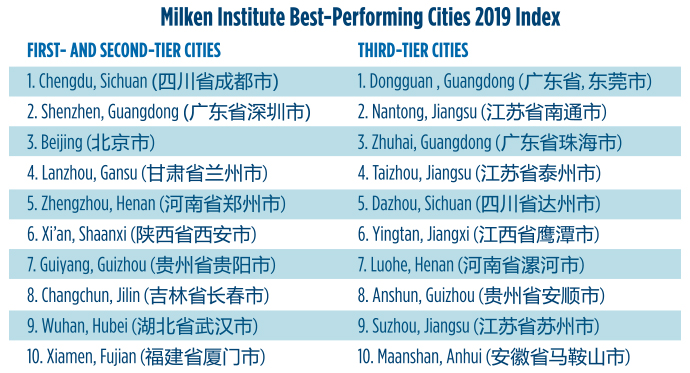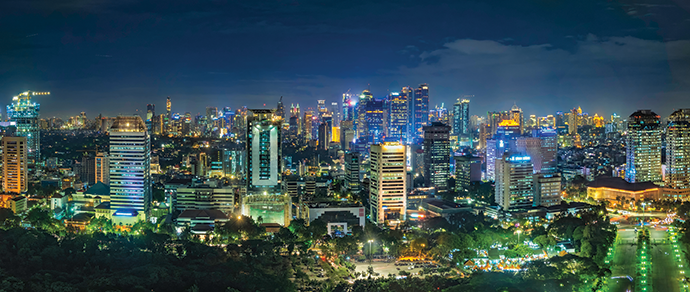The Association of Southeast Asian Nations (ASEAN) in early November issued its annual investment report, which declared FDI into the 10-country region reached an all-time high of US$155 billion in 2018, giving ASEAN an 11.5% share of global FDI inflows. Four members — Cambodia, Indonesia, Singapore and Vietnam — reached new records.
FDI in services is the largest tranche, but 70% of that goes to only one place: Singapore. Meanwhile, an 83% year-over-year rise in manufacturing FDI — primarily a result of corporate portfolio diversification from China — saw the majority of such investment go to Singapore, Indonesia, Vietnam and Thailand. In addition to new investments such as Mercedes’ and Thonburi’s new battery plant in Thailand that started up in December, a megaproject from South Korea has reinforced the ASEAN trend toward more projects — and more eco-conscious projects.
In late November, Korea’s Hyundai Motor Company announced it had entered into a memorandum of understanding (MOU) with the Indonesian government to build its first manufacturing plant in the country.
The plant will be located on an 8.35-million-sq.-ft. site (775,715 sq. m. on 77.6 hectares or 192 acres) in Kota Deltamas (City of Deltamas), an integrated industrial, commercial and residential district in the eastern outskirts of Jakarta (pictured above), capital of the fourth-most-populous nation in the world. The plant will represent an investment of approximately US$1.55 billion until 2030, including product development and operation costs. The new facility is expected to begin commercial production in the second half of 2021 with an annual capacity of 150,000 units, eventually ramping up to 250,000 vehicles at full capacity.
Hyundai plans to produce compact SUV, compact MPV, and sedan models specifically designed for customers in the Southeast Asian market at the new Indonesian plant, which will incorporate facilities for stamping, welding, painting and assembly. The company is also currently exploring the production of ASEAN-specific electric vehicles (EVs). “Hyundai is committed to helping nurture Indonesia’s EV ecosystem, contributing to its people’s quality of life through its leadership in clean mobility technologies,” the company said. “Hyundai, together with sister company Kia Motors Corporation, aims to make Hyundai Motor Group the world’s third-biggest EV manufacturer in the world by 2025.”
Along with its local partner suppliers, Hyundai expects to create more than 23,000 new direct and indirect jobs at the Indonesian plant, which is anticipated to make an economic contribution worth more than $20 billion to the Indonesian economy over its first decade.
The ASEAN investment report offered further nuggets of business intelligence:
- “Combined FDI flows to the CLMV countries [Cambodia, Laos, Myanmar, Vietnam] rose by 4% in 2018, to a record level of $23 billion, representing 15% of flows into ASEAN. Companies from ASEAN, China and other Asian economies are shifting production to the CLMV countries for cost reasons.”
- “FDI from the United States plummeted to just $8 billion in 2018, from $25 billion in 2017. This was in line with the global fall in United States investment due to the 2017 tax reforms. The FDI fall in ASEAN was concentrated in Singapore, where United States investment fell from $28 billion in 2017 to just $4 billion in 2018. However, United States FDI in manufacturing activities in ASEAN reversed from -$1.2 billion in 2017 to $12.4 billion, with significant increases in Indonesia and Thailand.”
U.S. Secretary of Commerce Wilbur Ross led a business delegation of 16 companies to Thailand, Indonesia, and Vietnam in November. The trip included the signing of five MOUs and business agreements in Vietnam alone. Last year, trade between Indo-Pacific nations and United States increased to a record of nearly $2 trillion.
Chengdu Tops Milken Index
There is still plenty of economic dynamism in China despite the more diversified approach across all of the Asia Pacific. Milken Institute’s Best-Performing Cities China index for 2019 named Chengdu, in Sichuan Province, the top-performing metro area. Shenzhen and Beijing follow in second and third place, respectively.
“Chengdu bears the fruit of the Western Development strategy the city embarked upon 20 years ago,” the Institute announced in October.
“The Best Performing Cities China index for 2019 shows that innovation and advanced technologies are central to the transformation story of China’s cities, such as Shenzhen and Dongguan, and will continue to be for the future,” said Perry Wong, managing director of research at the Milken Institute and co-author of the report.


